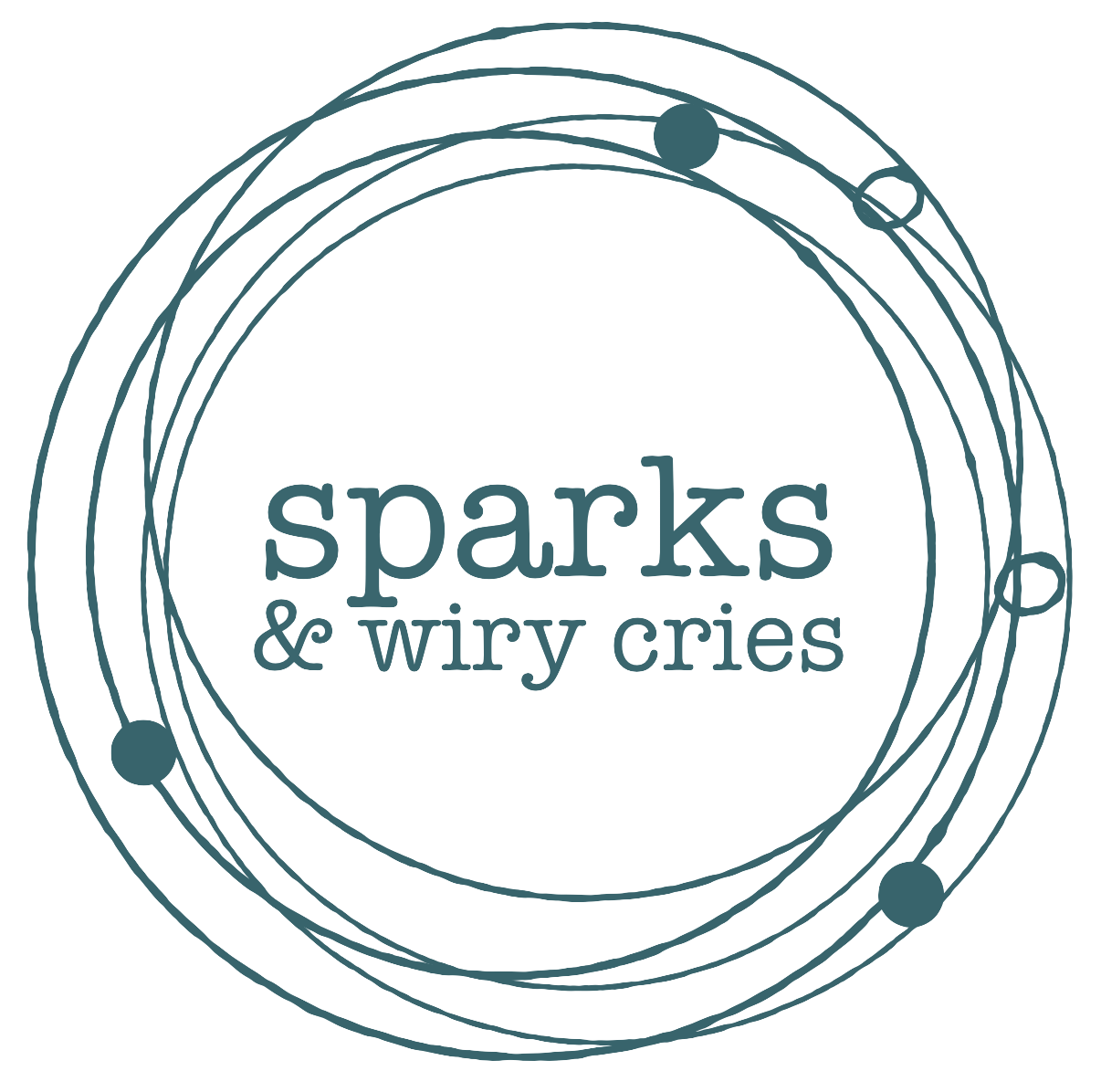LAURA LOEWEN: A Love Affair with Diction
For as long as I can remember I have been fascinated by the power of words. Books have enriched my life in many ways; they allow me to experience different times and places, to participate vicariously in other people’s lives, and through the empathy I feel for characters in the books, to gain insight into my own experience as a human. So it is natural that I was drawn to vocal music in my life as a collaborative pianist. Through my work, I can become an active participant in the worlds I had previously read about. This, for me, is one of the most exciting things about the life of a performing musician, and one of the main reasons I am drawn to the practice room every day.
I studied diction when I was a student but did not consider it part of this equation. I was not interested in all of the rules we learned in diction class, and could not see the connection between that class and the music I loved to play. When I graduated with my DMA I was fortunate to be offered a position at the University of Manitoba, primarily teaching diction courses. I realized that if I was going to teach diction, I would have to search for something to care about in that world, which I found in the power of words, their history, and their story. I realized that diction is a powerful tool that unleashes our power to communicate. Without the specificity gained from the study of diction, we can’t use a language other than our own to communicate with any level of honesty. Excited by this new perspective, I accepted the job and began teaching diction from this point of view, and in the process learned a great deal about musical integrity, new ways of understanding musical scores, and rhythmic nuance in music.
Language reveals a great deal about music: the length of phrases, the location of dramatic and musical climaxes within each phrase, and the mood of the moment. The rhythmic flow of the music will always reflect the rhythmic flow of the language, so the nuance, sounds, and grammatical structure of each language reveal important rhythmical and structural elements in the music. Locating nouns and verbs allows us to understand where important beats lie. They often land on downbeats, but composers also add a level of syncopation by placing important words on less important beats. This reveals fluidity and natural language flow which refresh and inform the flow of phrases. Syllables reveal the relative length and weight of individual notes. No two notes in vocal music can be exactly alike because no two syllables in any sentence are exactly alike.
Working with language has been an important element in my continued musical development as a collaborative pianist. Preparing scores from a language perspective has improved my preparation and ensemble skills. If pianists make decisions based on musical notation alone, their choices about phrase length, rhythmic issues, and climaxes will be based on incomplete information and will rarely reflect the true intention of the composer. Looking to language for musical information allows us to enter this repertoire fully engaged, informed, and prepared to be true collaborators in the rehearsal room and concert stage.
In the eleven years since I began teaching it, my love affair with diction has grown. Each time I teach a language, I learn anew how that language can give me insight into the music of its country. Looking to the nature of each language has empowered me to search for the organic rubato of songs in any language and from any era. The themes in songs are universal, but the ways of expressing those ideas and emotions are limitless, and differences in language and sensibility are one of the chief elements determining and revealing those differences. Far from experiencing the drudgery of diction I perceived as a student, I have been enriched musically from exploring music from this angle, and I look forward to many more years of learning and growth.
Praised for expressivity, virtuosity, and committed playing, Canadian collaborative pianist Dr. Laura Loewen has appeared in concerts throughout North America, Europe, Asia, and South America. Dedicated to sharing her passion for ensemble playing and coaching, she is a professor of Collaborative Piano and the Vocal Coach at the University of Manitoba’s Desautels Faculty of Music. As well, Dr. Loewen is a founding faculty artist and the current Board chair of VISI (Vancouver International Song Institute) and is a long-time member of the faculty of the NUOVA opera training program in Edmonton, Alberta.
September 5, 2011





